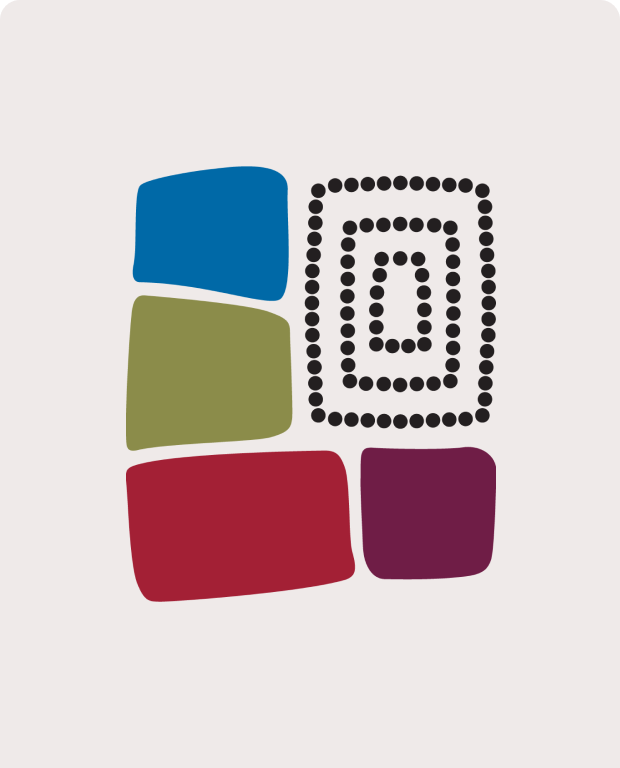Stress in the Aboriginal and Torres Strait Islander workforce

Understanding Stress and Staying Strong in the Aboriginal and Torres Strait Islander Health and Human Services Workforce
Project Aim and Objectives
To identify and develop best practice and culturally appropriate measurement of stress and staying strong in the Aboriginal and Torres Strait Islander health and human services workforce.
Objectives:
- To review and synthesise studies that assess individual-level stress and organisational/environmental stressors.
- To explore individual and collective attributes that enable the workforce to stay strong.
- To gather expert opinion regarding measurement of stress and staying strong in longitudinal surveys of the workforce.
- To develop and pilot an instrument to assess stress and staying in the Aboriginal and Torres Strait Islander workforce.
Project Team
Project leader: Ms Amanda Mitchell, Deputy CEO, Aboriginal Health Council of South Australia
Project partners: South Australian Health and Medical research Institute (SAHMRI) Wardliparingga Aboriginal Research Unit, University of South Australia
Administering organisation: Aboriginal Health Council of South Australia
Project timeline: 01/12/2017—31/03/2019
Methodology
This project was conducted in two studies. The first study included a systematic review of literature to identify appropriate instruments useful in the assessment of individual stress and environmental stressors.
The second study was qualitative interviews and focus groups using yarning circles to explore how Aboriginal and Torres Strait Islander health and human services workforce stay strong in the presence of challenging working conditions. Delphi methods and Expert Round Table discussions were used to explore best-practice measurement of stress and staying strong
Project Findings and Outcomes
Through interviews and collection of data from over 100 participants, the project captured a diversity of workforce experiences in regional, remote and metropolitan settings as well as across Aboriginal community controlled health organisations (ACCHOs) and government sectors.
Key findings from the project illustrated that workforces draw on many practices to keep themselves strong at work such as:
- Individual self-care strategies (e.g. art, music, exercise)
- debriefing with colleagues
- connecting with family, kin and country.
However, workforces reported several systemic issues which present persistent and ongoing challenges, namely: overt and covert racism; tension between Aboriginal and non-Aboriginal ways of doing, being and knowing; imbalances of work, life and culture; and workplaces operating with inadequate understandings of Aboriginal cultures, leading to tokenism.
Following thematic analysis, the research team engaged experts in the field to consider the findings and share their views on strategies for addressing systemic challenges and challenging work environments. Through two Expert Roundtables, representatives from health and human services workforces considered and offered recommendations to support workforces to stay strong at an individual level, management and workplace policy and systems level. Strategies identified include:
- Career planning, succession planning, career pathways and mentoring programs to build future leaders.
- Culturally appropriate employee assistance programs.
- Regular and ongoing cultural safety training.
- Agreed organisational cultural safety principles.
- Assessment of cultural safety during recruitment and annual performance reviews.
- Co-design of job descriptions.
- Representation of Aboriginal and Torres Strait Islander workforce at all organisational levels.
- Fair remuneration.
- Networking opportunities (face-to-face and/or virtual).
- Self-determination through decision-making and governance.
|
Knowledge |
Identified individual and organisational stressors. Identified strategies that could be used to address systemic challenges and challenging work environments. |
|
Awareness |
Designed a Guide for Workforce, a Guide for Managers and Employing Organisations, and a policy brief for policy makers. The guides not only raise awareness about the challenges facing workforces and the ways they overcome these challenges but also provide guidance regarding organisational strategies and systems-level policies that could better support the Aboriginal and Torres Strait Islander health and human services workforce. |
|
Behaviour |
Feedback from the project indicates that the yarning circles were a great opportunity to reflect on how workforces stay strong and to channel that strength in future when challenges arise. The knowledge translation outputs of the projects were designed to benefit Aboriginal and Torres Strait Island workforce at a personal, organisational and systems level. |
|
Skills |
Opportunities for participants to network and be mentored by experts at the Roundtables. |

